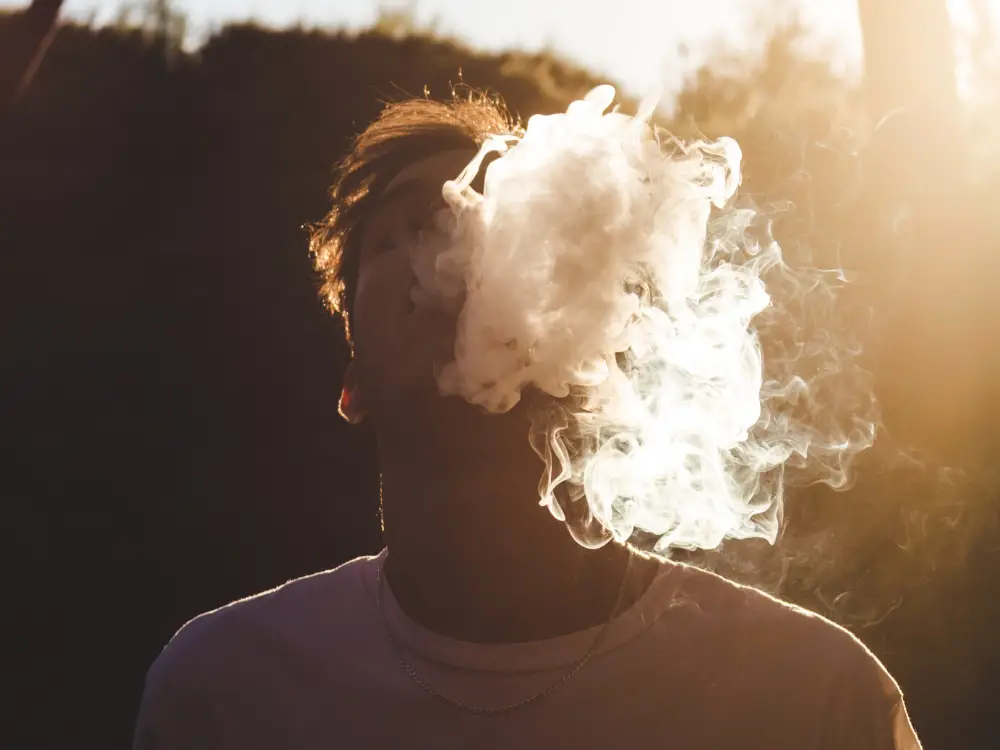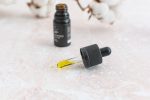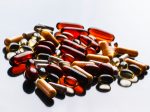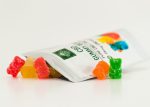In the past couple of years, vaping has seemed to emerge everywhere, particularly concentrated in college-aged populations. On the other side of the health spectrum, there has also seemed to be a rise in alternative medicine — essential oils being one of the many options for natural wellness.
The two phenomena have been combined into what’s called a personal diffuser, or a device that allows vaporizing essential oils of your choice to become possible.
How do personal diffusers work?
Vaping is the inhalation and exhalation of vapor from either a vape pen or e-cigarette, devices that are typically defined as electronic nicotine delivery systems (ENDs). Yet, not all vaping necessarily involves nicotine — weed vape pens, CBD vape pens and now essential oil vape pens are becoming more and more common.
Essential oil/aromatherapy vape pens are typically labeled as diffuser sticks or personal diffusers. These devices combine essential oils, water and vegetable glycerin to create a cloud of vapor when exhaled. On the MONQ website, they claim that when using one of their personal diffusers, one should not inhale the vapor into their lungs as that will “lower the effectiveness of the aromatherapy experience.”
What are essential oils?
Essential oils are compounds extracted from different plants, such as lavender, peppermint, tea tree or eucalyptus, for various healing purposes. The extraction methods for getting these compounds vary based on what plant is being used. Some more common methods include steam distillation, cold-press extraction or water distillation.
To receive the benefits of essential oils, people typically apply them to their skin or inhale them via a diffuser. When an essential oil such as tea tree or lavender oil is applied topically, to heal an ache or pain or for cosmetic purposes, the compounds from the oil absorb into the skin and eventually into the bloodstream.
People who vaporize essential oils and inhale them via a diffuser are usually seeking out the psychological benefits of the compound. When an essential oil is inhaled, it enters into our respiratory systems, creating a potential psychological response via association. This is why many people believe that the results of essential oils are subjective, as different smells mean different things to all of us and can thus ignite various emotional responses.
Are they effective?
Although essential oils have been used for health purposes for centuries, there’s still very little conclusive research published about their benefits.
https://www.instagram.com/p/B9P8zBSBtAf/?utm_source=ig_web_copy_link
Each plant that essential oils are derived from will be unique, which are dependent on several environmental factors, such as the weather and geographical location. Unlike a synthetically produced prescription or pharmaceutical drug, essential oils will contain different chemistry each time they are produced. Because of this, essential oils cannot be standardized, which blocks any potential research on their effectiveness.
When studying the benefits of essential oils, it can be difficult to determine what causes the advantages that they may or may not be giving off. For example, when lavender oil is applied with a massage, it is hard to decipher whether the oil or massage itself is producing the desired effects of stress relief.
Stemming from the small amount of research about essential oils themselves, studies on the effectiveness of personal diffuser methods of essential oils are pretty much non-existent.
Despite all this inconclusive research, essential oils are still believed to be effective by a third of American adults, one poll found. And the oils haven’t proven to be completely useless. Lavender oil, for example, has been linked with improved sleep. It’s also worth arguing for the placebo effect here — if you feel better, calmer or healthier when you’re using essential oils, then there’s relatively no harm done. The tools to vaporize essential oils, like a Yocan vaporizer for example, can be found most anywhere in the United States, and Canadians can peruse Online Dispensary Canada, which sells vape pens, cartridges and even cannabis products such as indica and sativa strains.
Is it safe?
Like any method of healing, alternative or otherwise, essential oils come with their own set of minor to major risks. As with vaping, some people with asthma may have a reaction to inhaling the diffused aroma of essential oils. Many people have also reported experiencing allergic reactions when using essential oil products.
Again, because there’s not much conclusive research on the practices of essential oils, and the practices of vaping, there’s also not much out there about the safety of vaporizing essential oils via a personal diffuser. The MONQ website’s safety page cautions against anyone 18 or under using their products. They warn their users about the hand-to-mouth habits associated with personal diffusers, as that may lead to the negative habit of smoking or vaping nicotine.
If you choose to participate in vaporizing essential oils, its best to research as much as possible about the safety practices behind what product you are using. Whether it’s a faulty fad or a beneficial practice that has not yet been determined, always do what is best for your mind and body.
















